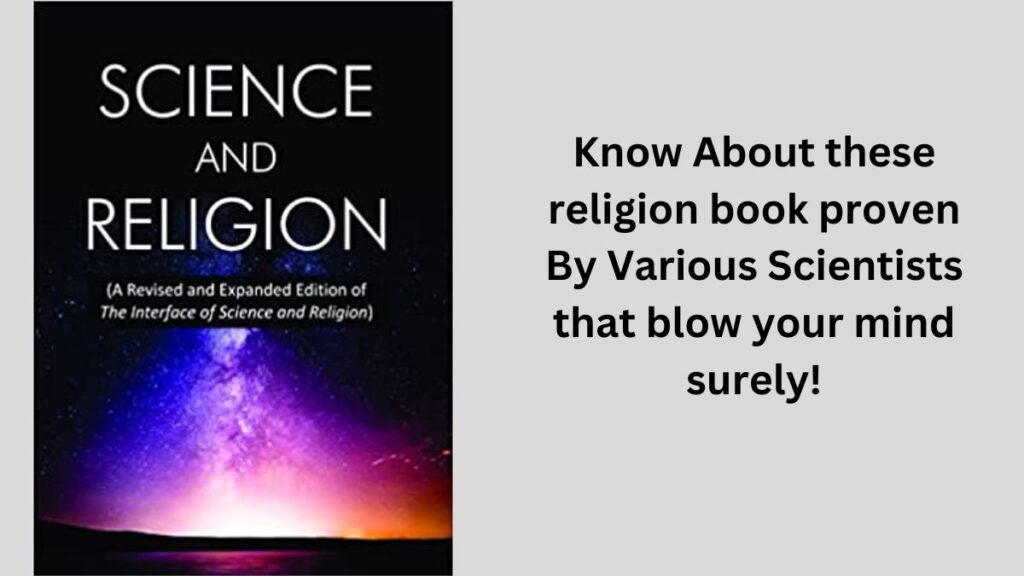Among the three trials mentioned by Brand in his introduction, we will focus on the initial and second, namely on religion book proven inquisitorial of some of the most central concepts in the historical study of religions, raising doubts near the theoretical possibility of knowing the past and the pertinency of the concept of religion” and on “the increasing destruction of the discipline, with many excellent but hyper-specialized charities and few attempts to formulate larger narratives, especially as these narratives become vulnerable to the previously mentioned critical inquisitive.
Types of book religion book
There are many diverse types of religions, including major world religious traditions that are widely known and lesser-known belief systems of smaller populations. Some characterize monotheism, or the belief in a single god, while others are examples of polytheism, or the belief in many gods.
Some of the types of beliefs include but are certainly not imperfect to:
- Baha’i
- Buddhism
- Christianity
- Confucianism
- Hinduism
- Indigenous American religions
- Islam
- Jainism
- Judaism
- Rastafarianism
- Shinto
- Sikhism
- Taoism
- Traditional African religions
- Zoroastrianism
Which religion book is scientifically proven? Related to religion, animism is the trust in divine non-human beings, although totemic involves the belief in a religious assembly between humans and the natural world. On the other end of the sacred spectrum is atheism, which consists of a belief in no god or spirits, and agnosticism, which holds that the life of god or gods is unknown or enigmatic.
Religion vs. Spirituality of religion book
While religion and holiness are related, there are differences among the two. Spirituality is an individual practice besides belief, whereas religion is centered on a set of organized practices that a more extensive cluster shares. It is possible to be spiritual without life being religious.
Impact of Religion
Religion can pay to a sense of community, provide support, and offer leadership. It has also remained shown to impression both physical besides mental health.
Religion and Physical Health
One series of studies found that participants who were either religious or spiritual had a decreased risk of coronary heart disease (CHD), subordinate blood pressure (BP), better immune function, and longer lifespans when compared to people who were not sacred or spiritual.
Is Religion Good or Bad for People?
There’s no doubt that belief has a complex influence on the lives of those and societies. Religion can help bring people together, but it can likewise be a source of division and stress, particularly for individuals who face discrimination within religious institutions, such as people who grasp differing beliefs since the rest of the cluster.
Conclusion
According to this standpoint, mental problems can be overcome by willpower or “heroic striving.” Because of this, people with such backgrounds may be less likely to seek professional help and support when they are having mental health problems.
